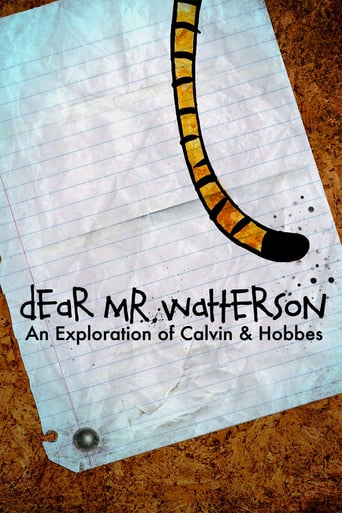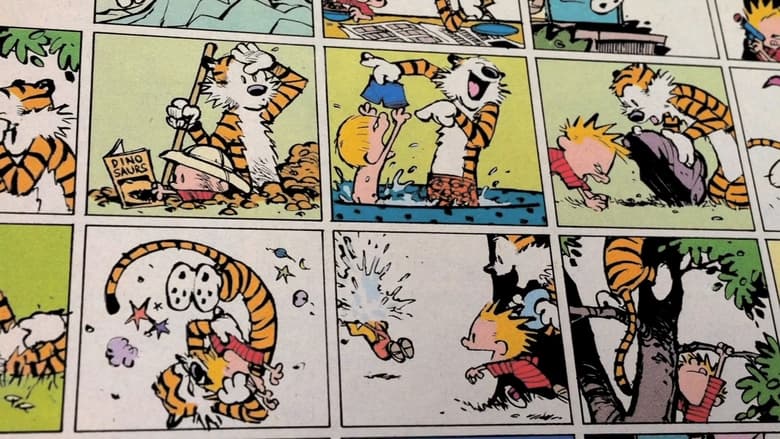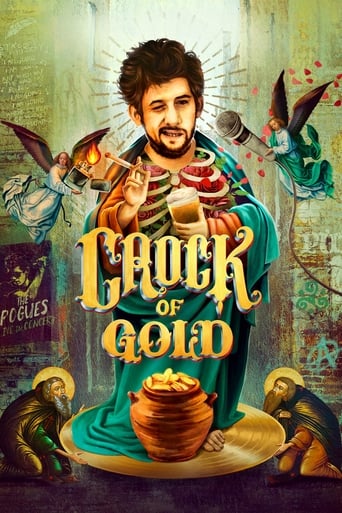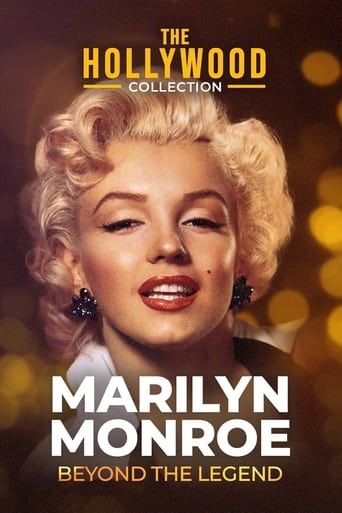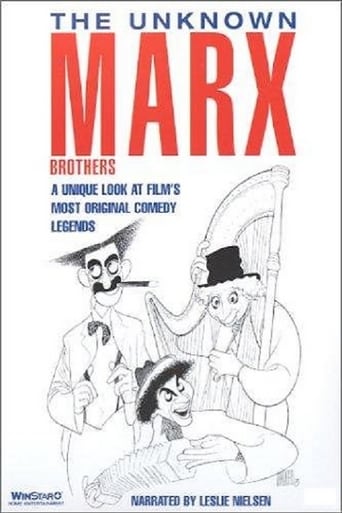Dear Mr. Watterson (2013)
20 years after Calvin and Hobbes stopped appearing in daily newspapers, filmmaker Joel Allen Schroeder has set out to explore the reasons behind the comic strip's loyal and devoted following.
Watch Trailer
Cast


Similar titles
Reviews
Pretty Good
How sad is this?
A lot of fun.
Great example of an old-fashioned, pure-at-heart escapist event movie that doesn't pretend to be anything that it's not and has boat loads of fun being its own ludicrous self.
There is a great documentary waiting to be made about 'Calvin & Hobbes', but this isn't it. If this slow moving poorly paced film is supposed to be a love letter to Bill Watterson, I have a new appreciation of why he is such a recluse.On the plus side, this film has interviews with several current cartoonists who discuss the legacy of 'Calvin & Hobbes' and the effects it had on the comic industry. However, they all seem to be saying the exact same thing with no one, except Berkley Breathed, having ever had any actual contact or communication with Watterson.The film does touch on the topic of merchandising and the effect, both positive and negative, that it can have focusing on Bill Watterson not allowing C&H merchandising to occur. This subject could be a documentary all its own.
I love Calvin & Hobbes as much as anyone. Unfortunately, this documentary is just a narcissistic exercise for the narrator, who wants you to watch him reading Calvin & Hobbes comics. And, in true Hipster fashion, his "favorite C&H comic" is one that "nobody else" talks about - only he can "realize" it's genius. The only interesting parts are the interviews with other popular comic strip writers who respect Bill Watterson and give some insight on his work, which is truly only Berke Breathed. (And curiously absent is Gary Larsen and Garry Trudeau, his only real peers, besides Breathed.) There was no discussion about any attempt to interview Watterson for the documentary or why he declined, and very little exploration into his life. He grew up outside of Cleveland - that's it; that's all you'll get from the film. Much worse, there is no exploration, much less mention of, Watterson's misguided take on the internet given in interviews during its early days that is laughable in today's context, especially when you consider what people do with their old newspapers. It's as if the filmmaker knew very little about Watterson when he complains that newspapers weren't giving due respect to Watterson's work, when newspapers were Watterson's preferred method of publishing.What you will see is half of the film showing the narrator/director with his douchey, fresh-out-of-the-make-up-chair haircut in close-up head- shots pouring over comics like he just discovered the Dead Sea Scrolls. This documentary could have been so much better. I only hope the interviewees will sacrifice their time again when somebody with talent makes a serious effort in documenting what could be a fascinating subject.
I really should have stopped watching when the filmmaker said "I'm really not interested in Bill Watterson the man...", but alas I did not. This documents absolutely nothing about the promised subject matter. It focuses on a handful of fans that love the comic strip Calvin and Hobbes and why those individual love it. That would be a good start if we learned something about the strip, anything, but that is the all this movie does. Looking at the filmmaker's IMDb page my guess is that the underlying purpose of this movie is to showcase his skills and promote his services, he does many of the tasks required to make a documentary as a career choice - if this is the case as it appears to be, it's a shame he's using such a beloved and important piece of pop culture to promote his resume.
Greetings again from the darkness. Two upfront admissions: First, I am not a comic strip historian. Second, there have been a hand full of comic strips that I have been obsessively "drawn" to, and Calvin and Hobbes was definitely one of them. Any fan of C&H would not miss the chance to see a documentary that might provide some insight into the genius behind the imaginative boy and his feline friend. Bill Watterson is now as famous for his life as an extreme recluse as he is for his artistry on the little boy and his feline friend.Directed by uber fan Joel Allen Schroeder, we are presented with a steady stream of talking heads interrupted periodically by Schroeder's trips to the Cartoon Museum, Ohio State University library, and Chagrin Falls, Ohio (Watterson's hometown and the foundation of the Calvin and Hobbes world). Many of the talking heads are other cartoonists who remain in awe of Watterson's works. We get a glimpse into the business side as we hear from an executive at Universal Press Syndicate, Watterson's publisher. There is also a segment with Jean Schulz, the widow of Charles "Sparky" Schulz, the man behind "Peanuts".Since we see so little of the actual published work, we lean heavily on the spoken words of those interviewed ... kind of frustrating when the subject is a medium of such visual relevance. Even more frustrating is the lack of insight into Watterson as an artist. Instead, the director rehashes what we already know from following the work. Watterson's "high art vs. low art" arguments are mentioned as is his belief that imagination and creativity are crucial to the good life.By far the most interesting commentary comes from Stephan Pastis, known for his "Pearls Before Swine". Pastis not only admires Watterson's legacy but he provides insight into the world of artists who are constantly under the pressure of commercialism, and often find themselves doing business with those they have little in common with. He explains Watterson's vision and integrity in denying licensing rights to Calvin and Hobbes. Leaving hundreds of millions of dollars on the table by refusing to allow Calvin and Hobbes lunch boxes, t-shirts, stuffed animals, etc ... clearly shows that Watterson's vision was not about revenue, but rather about artistic integrity. The comparison to Snoopy selling insurance make the point quite directly.So we walk away with no more insight into Watterson, no more insight into Calvin and Hobbes, but a clear understanding of the industry respect that the work carries. We all share the pure joy of reading and re-reading our favorite panels and not just the smiles they bring, but also the multiple layers of observation delivered by a boy and his tiger. It's reminder to keep your imagination active and never miss a chance to go exploring!

